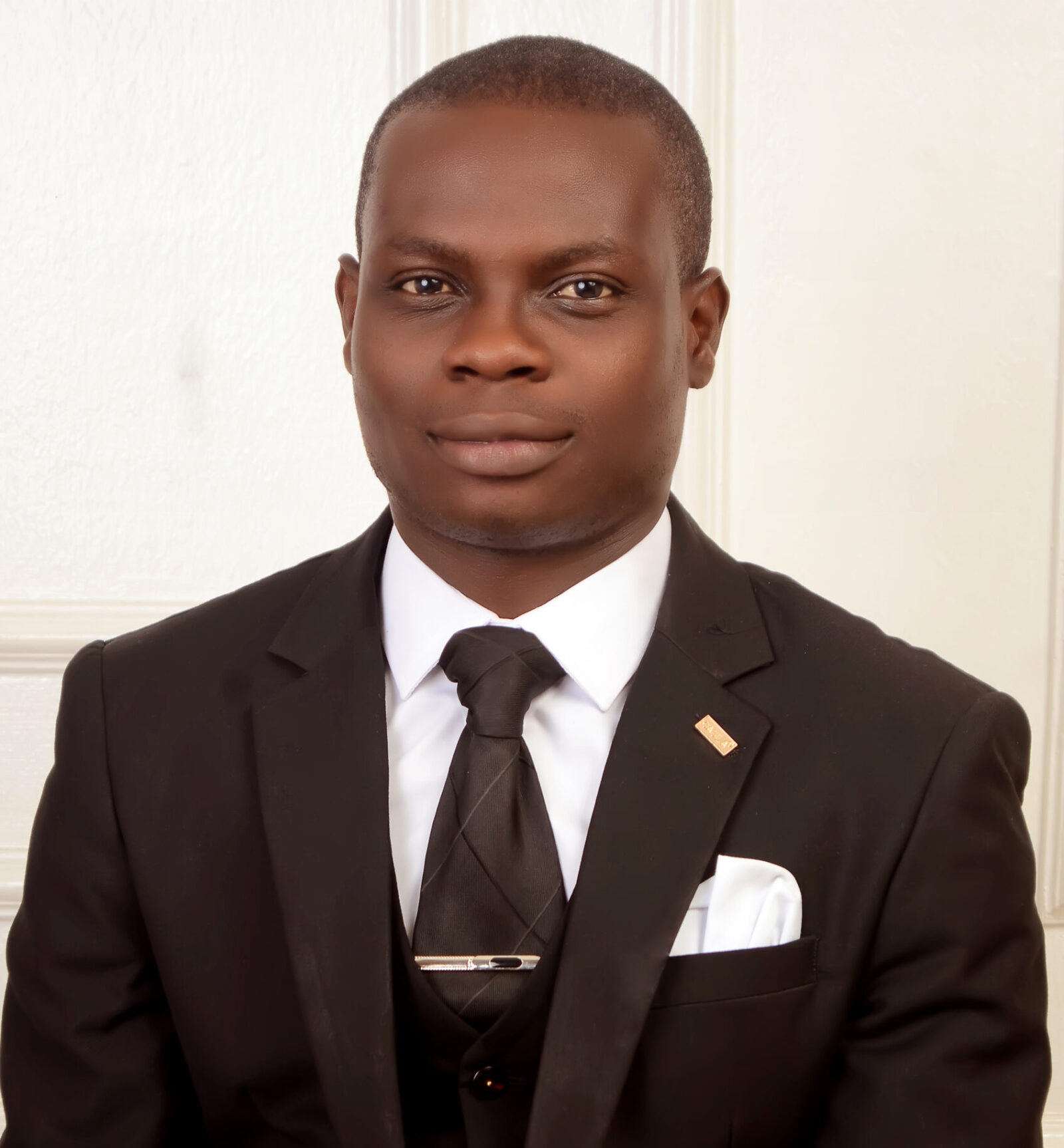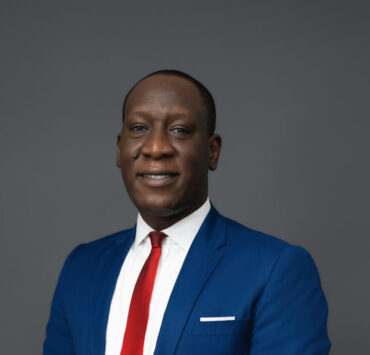The Principle of Statutory Construction in Law and the FCT Dilemma by Moshood Olajide

Lawyard is a legal media and services platform that provides…
The inability of the Presidential candidate of the All Progressives Congress (APC) to get 25 percent of votes cast in the Federal Capital Territory (FCT) has thrown up several opinions of a likely run–off between the ruling party and the People’s Democratic Party (PDP) which is unlikely.
According to the result declared by the Independent National Electoral Commission (INEC) in the Federal Capital Territory (FCT), the leading party, (APC) had 19 percent of the votes while the runner-up, the People’s Democratic Party (PDP) had 16 percent with the 3rd placed Labour Party (LP) having 62 percent of the votes in the country’s capital.
The framers of the Nigerian constitution envisaged this scenario when they carefully worded the Nigerian Constitution. Section 299 of the Nigerian constitution expressly states: “The provisions of this constitution shall apply to the Federal Capital Territory, Abuja as if it were one of the States of the Federation.”
In linking the above section 299 of the constitution to this scenario, it is straightforward to count the Federal Capital Territory as one of the States of the Federation. In the rule of statutory construction and interpretation, where there is no ambiguity, words must be given their ordinary meaning. In Alaxander Emeano V. Albert Anaeke , the Supreme Court of Nigeria per Kekere Ekun, Justice of the Supreme Court held that: where the words are plain and unambiguous, they must be given their natural and ordinary meaning, unless to do so would lead to absurdity. The court further held that the plain words used by the legislature provide the best guides to their intention.
So, when determining the two-third of 37 states which is a major requirement of winning a Presidential election in Nigeria, the Federal Capital Territory will be counted alongside the 36 states in line with section 299 of the constitution and rules of statutory interpretation. Therefore, two – third of 37 states are 24 and of which the APC Presidential Candidate has satisfied and cross this threshold.
Now, on to the constitutional requirements of becoming the President of Nigeria, once 25 percent of votes casted has been gotten in 24 states as stated in Section 133 (b) of the constitution, the candidate meeting this requirement can be declared as winner by the Independent National Electoral Commission (INEC) , in so far as the candidate also received majority of votes cast. Only the APC crossed this threshold. So, not having 19 percent of votes in the FCT by the APC is immaterial so far the constitutional requirement has been met in other states.
For better clarification, two-third of 37 states is 24 and for a candidate of a Political party to be the President of Nigeria, such candidate must have the highest votes out of all the contestants. This will satisfy the simple majority clause of the constitution. Such candidate must also have 25 percent of votes cast in at least 24 states. i.e., such candidate must have 25 percent of votes in each state, but only that such 25 percent of votes is only compulsory in 24 states. This will also satisfy the two-third clause in the constitution. Any candidate who meet the two requirements can be declared as the winner of a presidential contest in Nigeria and the All Progressives Presidential Candidate has met this requirement and is therefore constitutionally entitled to be declared winner.
In the final analysis, having 25 percent of votes in the FCT is not compulsory for a presidential candidate in Nigeria as it is been erroneously misinterpreted. Not having 25 percent of votes in the FCT has no legal implication so far such deficit has been covered in other states. The most important point for a Presidential contestant to be a winner in Nigeria is having the National spread of 25 percent of votes in any 24 states and having the highest of the lawful votes casted throughout the federation.
Moshood Olajide is of the Radiant Justice Chambers, Obafemi Awolowo University, Ile – Ife, Osun – State.
Lawyard is a legal media and services platform that provides enlightenment and access to legal services to members of the public (individuals and businesses) while also availing lawyers of needed information on new trends and resources in various areas of practice.















